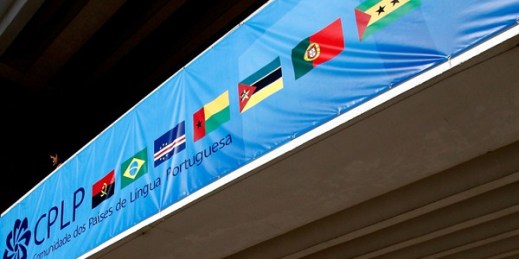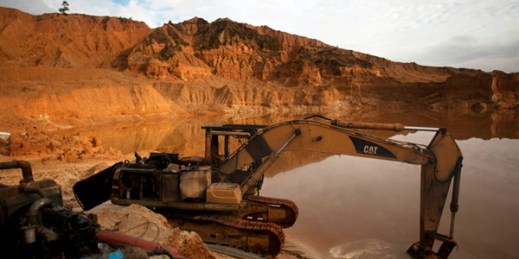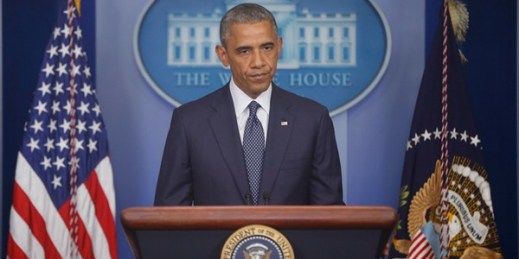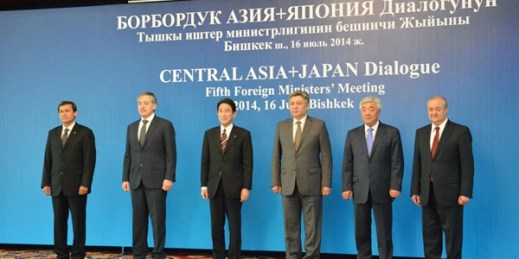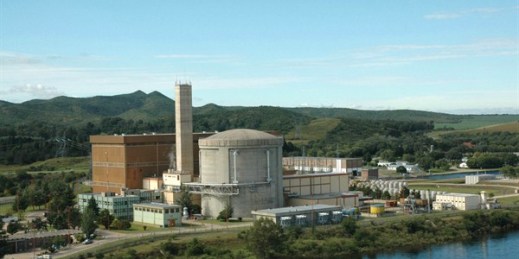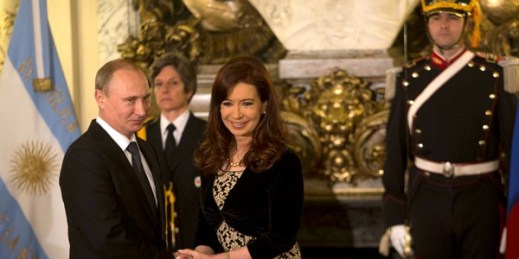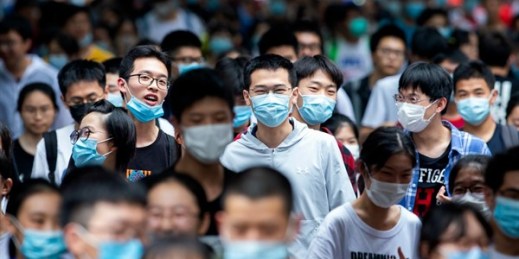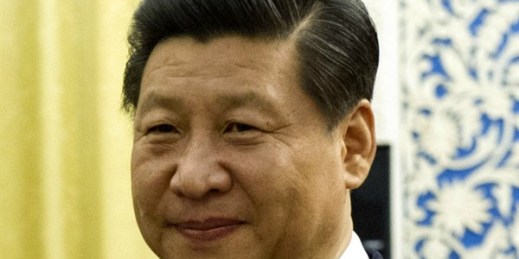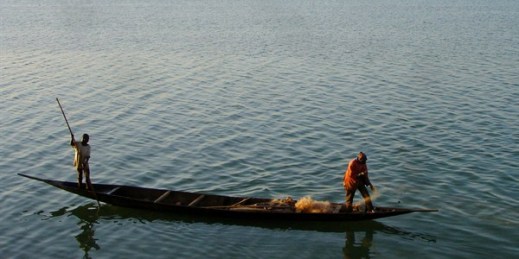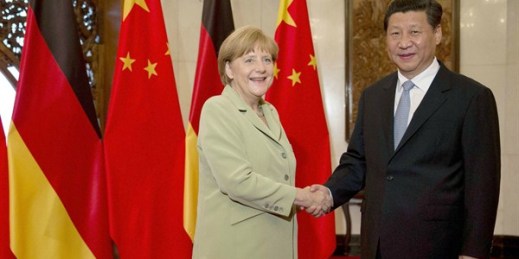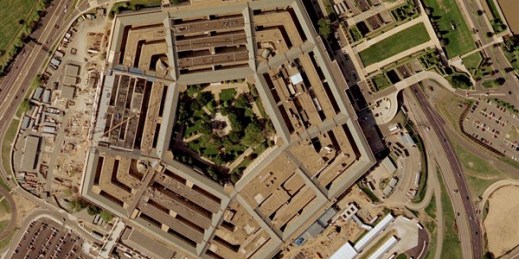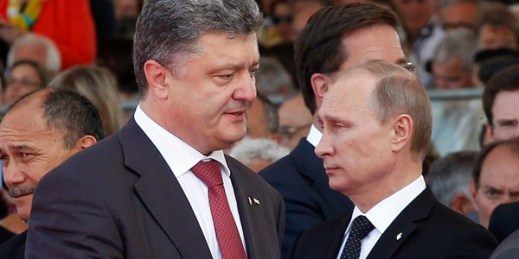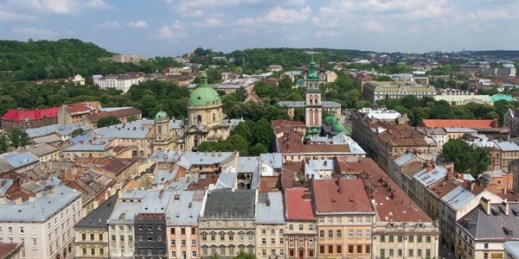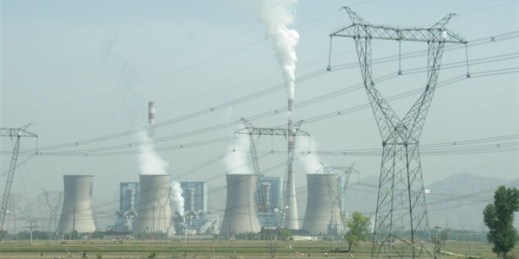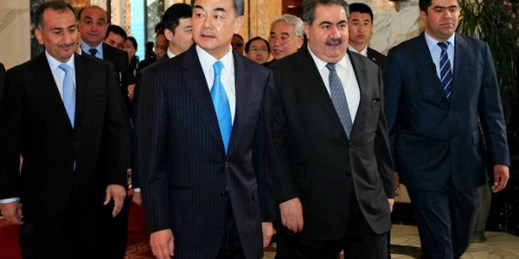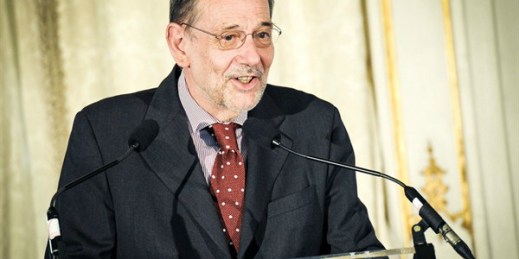
World Politics Review’s Maria Savel had the opportunity to speak with Dr. Javier Solana regarding the European Union’s relations with China, ASEAN and Asia as a whole. Dr. Solana is president of the ESADE Center for Global Economy and Geopolitics and previously served as the European Union high representative for the common foreign and security policy, NATO secretary-general and Spanish foreign minister. The following is a condensed version of their conversation. World Politics Review: Germany-China ties indicate a lot of the fault lines in the European Union and its approach to China in terms of balancing national and European interests. […]

